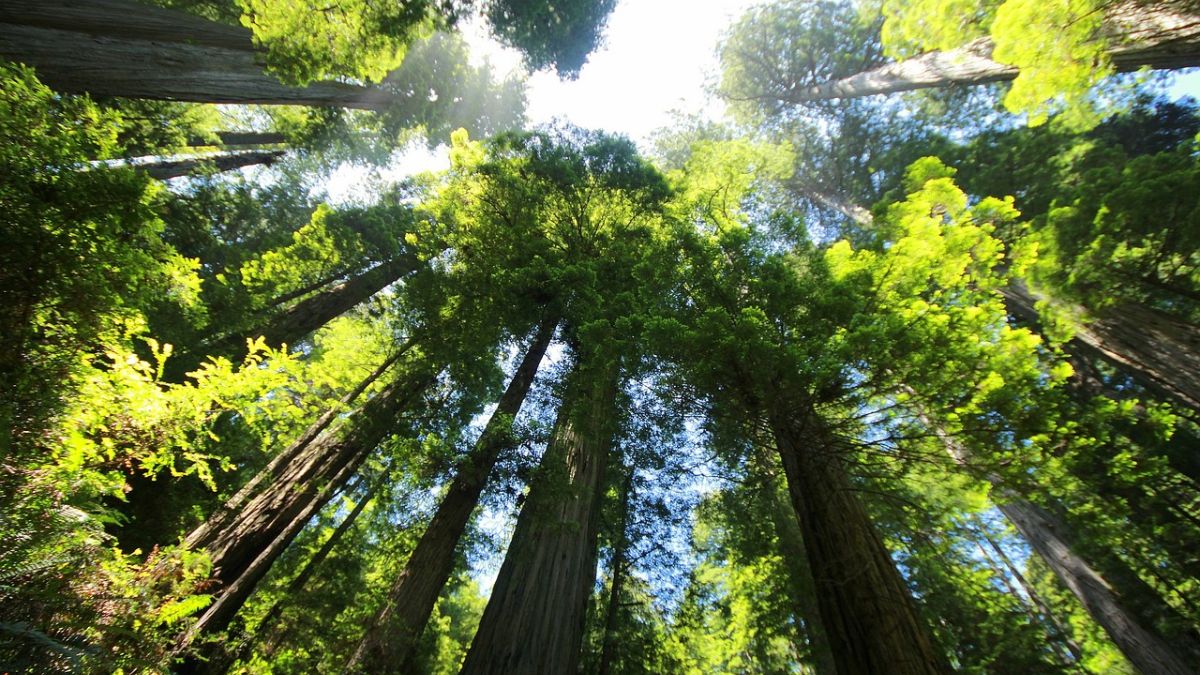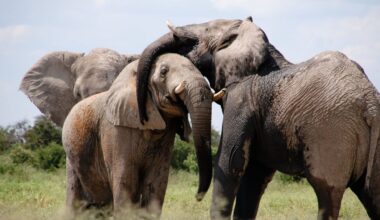California, often depicted as the land of dreams, surf, and Hollywood glamour, holds a treasure trove of lesser-known facts that weave an even more intricate tapestry of its allure. Beyond the iconic images of palm-lined beaches and cinematic vistas, the Golden State conceals fascinating and often overlooked facets waiting to be explored.
Biodiversity Beyond Compare
California isn’t just about sunny beaches; it’s a biodiversity hotspot. From the towering redwoods in the north to the desert landscapes in the south, California boasts an astonishing array of ecosystems. It’s home to over 6,500 species of plants and animals, including unique species like the Joshua tree and the endangered California condor.
Insight: The state’s diverse climate and topography contribute to this richness, fostering a delicate balance between various habitats.
The “Other” Hollywood
While Los Angeles reigns as the epicenter of global entertainment, California is also home to a lesser-known cinematic gem – Hollywood Forever Cemetery. Notable personalities like Judy Garland and Douglas Fairbanks rest here, and it hosts outdoor movie screenings, making it a unique blend of Hollywood history and cultural events.
Insight: Beyond the glitz of Hollywood Boulevard, this cemetery stands as a testament to the industry’s legends and offers a different perspective on Tinseltown’s legacy.
The Curious Case of California’s State Animal
California’s state animal, the California grizzly bear, is extinct. Last seen in the 1920s, the grizzly bear remains a symbol etched in the state’s identity, even though it no longer roams its lands.
Insight: The grizzly bear’s extinction serves as a poignant reminder of the fragile relationship between humans and nature, prompting conservation efforts to protect existing wildlife.
Salton Sea’s Surreal Story
The Salton Sea, California’s largest lake, was accidentally created in 1905 and was once a popular resort destination. Today, it faces ecological challenges, presenting a surreal landscape of abandoned buildings and desolate beaches.
Insight: The Salton Sea’s decline showcases the ecological impact of human activities and serves as a cautionary tale for sustainable development.
California: The Cereal Bowl of the World
California isn’t just a hub for entertainment; it’s also a powerhouse in agriculture. It’s the nation’s top agricultural producer, providing over a third of the country’s vegetables and two-thirds of its fruits and nuts.
Insight: The state’s agricultural success is both a testament to its fertile land and an essential pillar of the nation’s food supply.
Bodie: A Ghost Town Frozen in Time
Nestled in the Sierra Nevada mountains lies Bodie State Historic Park, a ghost town that preserves the essence of the Gold Rush era. Frozen in time with abandoned buildings and artifacts, Bodie offers a glimpse into California’s Wild West history.
Insight: Bodie stands as a tangible reminder of California’s past, illustrating the boom-and-bust cycles that shaped the state’s development.

The Tallest Tree on Earth
California is home to Hyperion, the world’s tallest tree, soaring over 380 feet in the Redwood National Park. However, its exact location remains a guarded secret to protect it from potential harm.
Insight: Preserving natural wonders like Hyperion highlights the importance of conservation efforts to safeguard these majestic treasures.
California’s Wine Legacy
Beyond Napa Valley, California’s wine legacy extends to the oldest winery in the state, Buena Vista Winery. Established in 1857, it stands as a testament to the state’s deep-rooted viticultural history.
Insight: California’s wine culture transcends popular regions, encompassing a rich heritage deeply embedded in its narrative.
The Island of Alcatraz
Alcatraz Island, famous for its former penitentiary, also holds a lesser-known story – as the site of the first lighthouse on the West Coast. Its history spans from a military fortification to a Native American occupation, enriching its narrative.
Insight: Alcatraz’s varied history symbolizes layers of California’s past, from its role in maritime safety to its complex social and political significance.
Death Valley’s Record-Breaking Extremes
Death Valley, known for its scorching temperatures, holds the record for the highest reliably recorded air temperature on Earth at 134 degrees Fahrenheit (56.7 degrees Celsius) in 1913.
Insight: Death Valley’s extreme conditions serve as a testament to nature’s incredible yet harsh forces, offering a glimpse into the planet’s extremes.
California’s allure isn’t solely in its famous landmarks but also in these lesser-known tales, weaving a richer narrative of a state characterized by diversity, resilience, and natural wonders. Exploring these hidden facets reveals the true essence of the Golden State, transcending its widely celebrated reputation.










